Home>diy>Building & Construction>Do I Need Insurance When Building A House


Building & Construction
Do I Need Insurance When Building A House
Modified: January 3, 2024
Find out if you need insurance when building a house and protect your investment. Get peace of mind with construction insurance for building-construction.
(Many of the links in this article redirect to a specific reviewed product. Your purchase of these products through affiliate links helps to generate commission for Storables.com, at no extra cost. Learn more)
Introduction
Building a house is an exciting endeavor that requires careful planning, meticulous execution, and ample resources. Whether you are constructing your dream home or embarking on a commercial construction project, one aspect that should not be overlooked is insurance. Insurance is a crucial component of any construction project, as it provides financial protection and safeguards against unforeseen circumstances that could potentially derail the building process.
In this article, we will delve into the importance of insurance when building a house and explore the various types of insurance coverage available for construction projects. We will also discuss the additional considerations to keep in mind and outline the steps to obtain insurance coverage for your building project.
By understanding the significance of insurance and ensuring that you have appropriate coverage in place, you can mitigate risks, protect your investment, and have peace of mind throughout the construction process.
Key Takeaways:
- Insurance is crucial for building a house, providing protection against property damage, liability, worker injuries, and financial stability. It ensures peace of mind throughout the construction process.
- Builders Risk, Liability, Worker’s Compensation, and Subcontractor Insurance are essential for comprehensive coverage. Effective communication and regular policy review are vital for securing adequate protection.
Understanding the Construction Process
Before delving into the importance of insurance for building a house, it is essential to have a basic understanding of the construction process. Construction typically follows a series of stages, starting with the design and planning phase and ending with the final completion of the project.
During the design and planning phase, architects and engineers work together to create blueprints and specifications for the house. This includes determining the layout, materials, and structural requirements. Once the design is finalized, the project moves on to the pre-construction phase, where permits and approvals from local authorities are obtained.
Next comes the procurement phase, where materials, equipment, and labor are secured. Construction then begins, with skilled workers and contractors carrying out the necessary tasks such as excavation, foundation work, framing, plumbing, electrical, and finishing. Finally, the project concludes with inspections, testing, and the handing over of the completed house to the owner.
This construction process can be lengthy and complex, involving multiple parties, coordination, and potential risks. Therefore, having insurance coverage in place is vital to protect against unforeseen events and potential liabilities that may arise during the construction journey.
Now that we have a basic understanding of the construction process, let’s explore the importance of insurance for building a house.
The Importance of Insurance for Building a House
Insurance plays a critical role in mitigating risks and providing financial protection throughout the construction process. Building a house involves a significant investment of time, money, and resources, and it is important to safeguard these investments against a wide range of potential risks and liabilities. Let’s explore why insurance is essential when building a house:
- Protection against property damage: Construction sites are prone to accidents and damage, whether it’s due to natural disasters, fire, theft, vandalism, or other unforeseen events. Property insurance coverage provides financial protection against these risks and ensures that any damage to the building or materials will be repaired or replaced.
- Liability coverage: Construction sites can be hazardous environments, and accidents can happen. Liability insurance protects against legal claims and lawsuits arising from injuries or property damage to third parties. Whether it’s a worker, visitor, or neighboring property affected by the construction activities, liability coverage helps cover legal costs, settlements, or judgments.
- Worker protection: Construction projects rely on a skilled workforce, and accidents and injuries can occur on the job site. Worker’s compensation insurance provides coverage for medical expenses, wage replacement, and disability benefits in case of work-related injuries or illnesses. This insurance not only protects the workers but also safeguards the construction project from potential legal claims and liabilities.
- Financial stability: Building a house involves significant financial commitments, including the purchase of materials, labor costs, and payments to contractors and suppliers. In case of any unexpected events that interrupt or delay the construction process, such as contractor bankruptcy or project abandonment, financial loss can be devastating. Insurance coverage, such as performance bonds or completion bonds, can help mitigate these risks, ensuring that the project can be completed, and the financial investment is protected.
By having appropriate insurance coverage in place, homeowners or project owners can navigate the construction process with confidence, knowing that their investment, property, and liabilities are safeguarded. The next section will explore the types of insurance coverage available for construction projects.
Types of Insurance Coverage for Construction
When it comes to insurance coverage for construction projects, there are several types of policies available to provide comprehensive protection. Let’s explore the various types of insurance coverage that are commonly obtained during the construction process:
- Builders Risk Insurance: Builders Risk insurance, also known as Course of Construction insurance, covers the building and its materials during the construction phase. It protects against property damage caused by fire, theft, vandalism, and natural disasters. This insurance policy typically covers the building, materials, and equipment on the construction site, offering financial protection throughout the construction process.
- Liability Insurance: Liability insurance is essential for construction projects to protect against potential lawsuits and claims arising from bodily injury or property damage caused by construction activities. This coverage provides financial protection for legal defense costs, settlements, and judgments, ensuring that the project owner is safeguarded against liability-related risks.
- Worker’s Compensation Insurance: Worker’s Compensation insurance covers work-related injuries and illnesses suffered by employees during the construction process. It provides medical expense coverage, wage replacement benefits, and disability benefits for injured workers. This insurance not only protects the workers but also shields the project owner from potential legal claims and liabilities.
- Subcontractor Insurance: Subcontractors play a crucial role in construction projects, and it is vital to ensure that they carry their insurance coverage. Subcontractor insurance protects the project owner from potential liability arising from the subcontractor’s work. It includes general liability insurance, worker’s compensation insurance, and professional liability insurance, depending on the subcontractor’s line of work.
These are just a few examples of the insurance coverage options available for construction projects. It is important to discuss your specific needs and requirements with an insurance professional to determine the most suitable coverage for your project.
Now that we have explored the types of insurance coverage available for construction projects, let’s move on to the additional considerations to keep in mind when securing insurance during the construction process.
Builders Risk Insurance
Builders Risk insurance, also known as Course of Construction insurance, is a vital type of insurance coverage specifically designed for the construction phase of a project. It offers financial protection against a wide range of risks that can occur during the building process. Let’s delve deeper into the details of Builders Risk insurance:
1. Coverage: Builders Risk insurance provides coverage for the physical structure being constructed, as well as the materials, fixtures, and equipment used in the building process. It typically covers risks such as fire, theft, vandalism, windstorms, and damage from natural disasters like earthquakes or floods.
2. Benefits: Builders Risk insurance offers several benefits to project owners, contractors, and lenders involved in the construction process. It provides peace of mind by protecting the investment, reduces financial risks associated with construction-related damages, and ensures that the project can be completed even in the event of unforeseen circumstances.
3. Duration: Builders Risk insurance coverage typically starts when construction begins and ends when the project reaches completion, or when the property is ready for occupancy. The coverage period can vary depending on the duration of the construction project, usually ranging from three to twelve months.
4. Exclusions: Builders Risk insurance policies typically have certain exclusions that are not covered under the policy. These may include intentional acts of damage, employee theft, faulty design or workmanship, damage due to normal wear and tear, or damage caused by war or acts of terrorism. It is crucial to review the policy exclusions carefully to ensure you have adequate coverage for potential risks.
5. Policy Limits and Deductibles: The coverage amount of a Builders Risk insurance policy should be sufficient to cover the estimated cost of construction, including materials, labor, and other associated expenses. Deductibles also apply and are typically set at a specific dollar amount or as a percentage of the total insured value. It is essential to balance the premium cost with policy limits and deductibles to ensure adequate coverage within your budget.
Builders Risk insurance is a fundamental aspect of protecting your investment during the construction of a house. It provides financial security against unexpected events and helps ensure that the building process can continue smoothly. It is advisable to consult with an insurance professional who specializes in builders risk insurance to understand the specific coverage options and tailor the policy to meet your unique needs.
Next, let’s explore another crucial type of insurance coverage for construction projects: Liability Insurance.
Read more: What Do You Need To Start Building A House
Liability Insurance
Liability insurance is an essential type of coverage for construction projects that protects against potential lawsuits and claims arising from bodily injury or property damage caused by construction activities. Let’s dive into the details of liability insurance:
1. Coverage: Liability insurance provides financial protection in the event that a third party, such as a worker, visitor, or neighboring property, suffers bodily injury or property damage due to the construction activities. It covers legal defense costs, settlements, or judgments resulting from such claims.
2. Benefits: Liability insurance offers several benefits to project owners. It protects against potential financial losses due to lawsuits and claims, ensuring that the project can proceed without significant interruptions or disruptions. It also maintains a positive relationship with neighboring properties and the community by providing compensation for any damages caused during the construction process.
3. Types of Coverage: There are different types of liability coverage that may be applicable to construction projects:
- General Liability Insurance: This coverage protects against claims for bodily injury, property damage, or personal injury resulting from construction activities. It typically includes coverage for legal defense costs, medical expenses, property repair or replacement, and settlements or judgments.
- Professional Liability Insurance: Also known as Errors and Omissions insurance, it provides coverage for claims resulting from professional negligence or errors in design, engineering, or architecture. This coverage is especially relevant to project owners, architects, engineers, and other design professionals.
- Contractual Liability Insurance: This coverage ensures compliance with contractual obligations and indemnifies the project owner against liabilities assumed under contractual agreements with contractors, subcontractors, or other parties involved in the project.
4. Additional Considerations: When procuring liability insurance, it is important to consider the policy limits and deductibles. The policy limit is the maximum amount the insurance company will pay in the event of a claim, and the deductible is the amount the insured party must pay before the insurance coverage kicks in. It is crucial to balance the limits and deductibles based on the project’s scale, potential risks, and budget.
Liability insurance is a critical component of protecting the project owner’s interests and assets during the construction process. It provides financial security, preserves relationships with neighboring properties, and ensures the project can proceed smoothly. It is recommended to consult with an insurance professional specializing in construction liability insurance to assess your specific needs and obtain the most suitable coverage for your project.
Next, let’s explore another important type of insurance coverage for construction projects: Worker’s Compensation Insurance.
Yes, you will need insurance when building a house. Construction insurance can protect you from financial loss due to accidents, theft, or damage to the property during the building process. It’s important to have coverage in place before starting any construction work.
Worker’s Compensation Insurance
Worker’s Compensation insurance is a crucial coverage for construction projects, providing protection for employees who may sustain work-related injuries or illnesses. Let’s delve into the details of Worker’s Compensation insurance:
1. Coverage: Worker’s Compensation insurance offers coverage for medical expenses, wage replacement, and disability benefits to workers who suffer job-related injuries or illnesses. It provides financial protection for both the employee and the employer.
2. Legal Requirement: In many jurisdictions, Worker’s Compensation insurance is a legal requirement for businesses, including construction projects. It ensures that employees receive proper medical care and compensation for their work-related injuries or illnesses, regardless of fault.
3. Benefits: Worker’s Compensation insurance offers several benefits to both workers and project owners:
- Medical Coverage: The insurance covers the medical expenses related to the treatment of work-related injuries or illnesses, including hospital visits, surgeries, medications, and rehabilitation services.
- Wage Replacement: Worker’s Compensation insurance provides wage replacement benefits for employees who are temporarily unable to work due to their injuries or illnesses. It helps ensure that workers and their families can maintain financial stability during their recovery period.
- Disability Benefits: In the case of permanent disability resulting from a work-related injury or illness, Worker’s Compensation insurance provides long-term disability benefits to compensate for the loss of future earning capacity.
- Legal Protection: Worker’s Compensation insurance protects employers from potential lawsuits and legal claims arising from work-related injuries or illnesses. It provides an avenue for resolution and compensation, preventing lengthy legal battles.
4. Obtaining Coverage: When securing Worker’s Compensation insurance, it is essential to provide accurate information about the workers, their job duties, and any prior claims or injuries. This information helps insurance companies assess the risk profile and determine the appropriate coverage and premiums for the construction project.
Worker’s Compensation insurance is a crucial aspect of ensuring the welfare of employees and protecting the project owner from potential legal claims and liabilities. It promotes a safe working environment, provides financial support for injured workers, and helps maintain productivity in the construction process.
Next, let’s explore the importance of Subcontractor Insurance in construction projects.
Subcontractor Insurance
Subcontractors play a significant role in construction projects, and it is crucial to ensure that they carry their insurance coverage. Subcontractor insurance provides protection for the project owner against potential liabilities and risks associated with subcontractor work. Let’s delve into the details of subcontractor insurance:
1. Coverage: Subcontractor insurance typically includes the following types of coverage:
- General Liability Insurance: This coverage protects against claims for bodily injury and property damage caused by the subcontractor’s work. It provides financial protection for legal defense costs, medical expenses, property repair or replacement, and settlements or judgments.
- Worker’s Compensation Insurance: Subcontractors should have their own worker’s compensation insurance to cover any work-related injuries or illnesses suffered by their employees. This coverage ensures that the project owner is not held liable for any potential claims or expenses arising from subcontractor employee injuries.
- Professional Liability Insurance: Depending on the nature of the subcontractor’s work, professional liability insurance may be required. This coverage protects against claims resulting from errors, omissions, or professional negligence in the delivery of their services.
2. Contractual Obligations: Subcontractor insurance is essential to ensure compliance with contractual obligations. Before engaging subcontractors, project owners should require proof of insurance coverage and set specific requirements for policy limits, deductibles, and additional insured status. This helps mitigate potential risks and ensures that subcontractors are financially responsible for any liabilities that may arise from their work.
3. Independent Contractors: It is vital to distinguish between subcontractors and independent contractors. Independent contractors are typically responsible for their own insurance coverage, including liability and worker’s compensation insurance. However, it is still recommended to verify their coverage to mitigate risks and protect the project owner’s interests.
4. Additional Considerations: When verifying subcontractor insurance, project owners should obtain certificates of insurance directly from the subcontractors’ insurance providers. These certificates should be reviewed to ensure that the coverage is current, valid, and meets the project’s requirements. It is also essential to periodically review the subcontractor’s insurance coverage throughout the project’s duration.
By ensuring that subcontractors carry their insurance coverage, project owners can reduce the potential liabilities and risks associated with subcontractor work. It provides an additional layer of protection and helps maintain a safe and secure construction environment.
Now that we have explored the importance of subcontractor insurance, let’s move on to additional considerations to keep in mind when obtaining insurance for building a house.
Additional Considerations for Insurance During Construction
When obtaining insurance for building a house, there are several additional considerations to keep in mind to ensure comprehensive coverage and protection throughout the construction process. Let’s explore these considerations:
1. Policy Review: It is essential to thoroughly review the insurance policy to understand the coverage scope, limits, exclusions, and deductibles. This helps to ensure that the policy aligns with your specific needs and adequately protects against potential risks and liabilities.
2. Project-Specific Coverage: Construction projects can vary greatly in terms of scale, complexity, and specific risks. Consider obtaining project-specific coverage to address unique requirements and potential risks associated with your specific building project.
3. Additions and Alterations: If you are making significant additions or alterations to an existing property, ensure that the insurance coverage extends to cover these modifications. This will protect your investment and provide coverage for any damages or liabilities associated with these changes.
4. Effective Dates: Ensure that the insurance coverage is in effect from the start of the construction project. Be mindful of any waiting periods or time frames that may affect the commencement of coverage.
5. Notification of Changes: Keep your insurance provider informed of any significant changes to the project, such as alterations in scope, schedule, or budget. This allows them to assess and adjust the coverage as necessary to maintain adequate protection throughout the construction process.
6. Risk Management: Implement proper risk management practices on the construction site to minimize potential hazards and mitigate risks. This includes ensuring compliance with safety regulations, providing proper training to workers, and maintaining a safe working environment.
7. Regular Communication: Maintain open and regular communication with your insurance provider to address any concerns, report incidents or claims promptly, and stay updated on any changes or requirements related to the insurance coverage.
By considering these additional factors, project owners can ensure that they have the appropriate insurance coverage in place to protect their investment, mitigate risks, and navigate the construction process smoothly.
Now let’s move on to the steps involved in obtaining insurance coverage for building a house.
Read more: When Do I Need A Plumbing Permit
Obtaining Insurance for Building a House
Obtaining insurance coverage for building a house is a crucial step in protecting your investment and ensuring a smooth construction process. Here are the steps involved in obtaining insurance for your building project:
1. Research and Assess Your Needs: Begin by researching reputable insurance providers that specialize in construction insurance. Assess your specific needs by considering the size and complexity of your project, the duration of the construction process, and the potential risks involved.
2. Get Multiple Quotes: Contact several insurance providers and request quotes based on your project requirements. Ensure that you provide accurate and detailed information about your project to receive accurate quotes.
3. Review Coverage Options: Carefully review the coverage options offered by each insurance provider. Assess the policy limits, deductibles, exclusions, and additional coverage options available. Consider consulting an insurance professional to ensure that you understand the terms and conditions of each policy.
4. Compare and Evaluate: Compare the quotes and coverage options from different insurance providers. Consider factors such as cost, coverage limits, policy terms, and the reputation and financial stability of the insurance company.
5. Choose the Right Insurance Provider: Select the insurance provider that offers the most suitable coverage for your project at a competitive price. Ensure that the provider has a strong track record and positive reviews from other construction professionals.
6. Review and Sign the Policy: Carefully review the insurance policy before signing any agreements. Make sure you understand all the terms, conditions, and obligations stated in the policy. If you have any questions or concerns, seek clarification from the insurance provider before proceeding.
7. Maintain Communication: Maintain open communication with your insurance provider throughout the construction process. Keep them informed about any changes or incidents that may affect the coverage or result in a potential claim.
8. Regularly Review and Update: Regularly review your insurance policy to ensure that it remains adequate for the duration of the construction process. Update the coverage if there are any changes to the project scope, schedule, or budget.
Obtaining insurance coverage for building a house is an essential step in protecting your investment and mitigating potential risks and liabilities. By following these steps, you can ensure that you have comprehensive coverage and peace of mind throughout the construction process.
Now, let’s conclude our discussion on the importance of insurance when building a house.
Conclusion
When it comes to building a house, insurance is a vital component that should not be overlooked. Constructing a home involves substantial investments of time, money, and resources, and it is crucial to protect these investments against potential risks and liabilities that may arise during the construction process.
Insurance provides much-needed financial protection and peace of mind throughout the entire construction journey. From the design and planning phase to the completion of the project, having the right insurance coverage in place can mitigate risks, safeguard against property damage, protect against lawsuits, provide worker protection, and ensure the financial stability of the project.
Builders Risk Insurance protects the structure and materials during construction, while Liability Insurance protects against potential lawsuits and claims arising from bodily injury or property damage. Worker’s Compensation Insurance provides coverage for work-related injuries or illnesses, and Subcontractor Insurance safeguards against liabilities associated with subcontractor activities.
Additional considerations, such as policy review, project-specific coverage, and effective communication with insurance providers, are vital to ensure comprehensive coverage throughout the construction process. By carefully assessing your needs, obtaining multiple quotes, and choosing the right insurance provider, you can secure adequate coverage for your building project.
Obtaining insurance coverage for building a house is an essential step in protecting your investment, mitigating risks, and ensuring a smooth construction journey. By doing so, you can navigate the construction process with confidence, knowing that your investment, property, and liabilities are protected.
In conclusion, don’t underestimate the importance of insurance when building a house. It is an investment in peace of mind, protecting the fruits of your labor and ensuring that your dream home becomes a reality without unnecessary setbacks. So, consult with insurance professionals, assess your needs, and secure the appropriate coverage to embark on your construction project with confidence.
Frequently Asked Questions about Do I Need Insurance When Building A House
Was this page helpful?
At Storables.com, we guarantee accurate and reliable information. Our content, validated by Expert Board Contributors, is crafted following stringent Editorial Policies. We're committed to providing you with well-researched, expert-backed insights for all your informational needs.


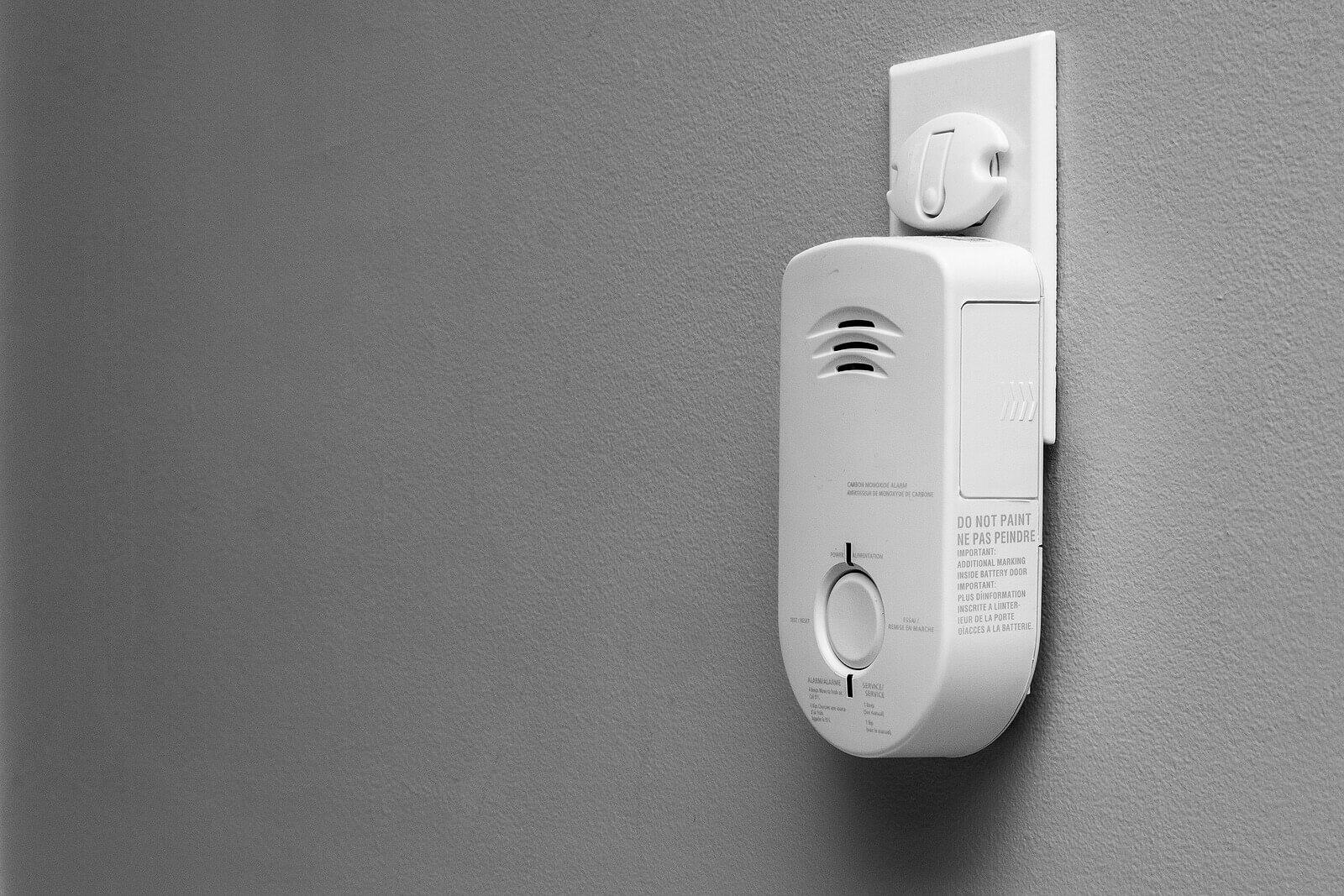


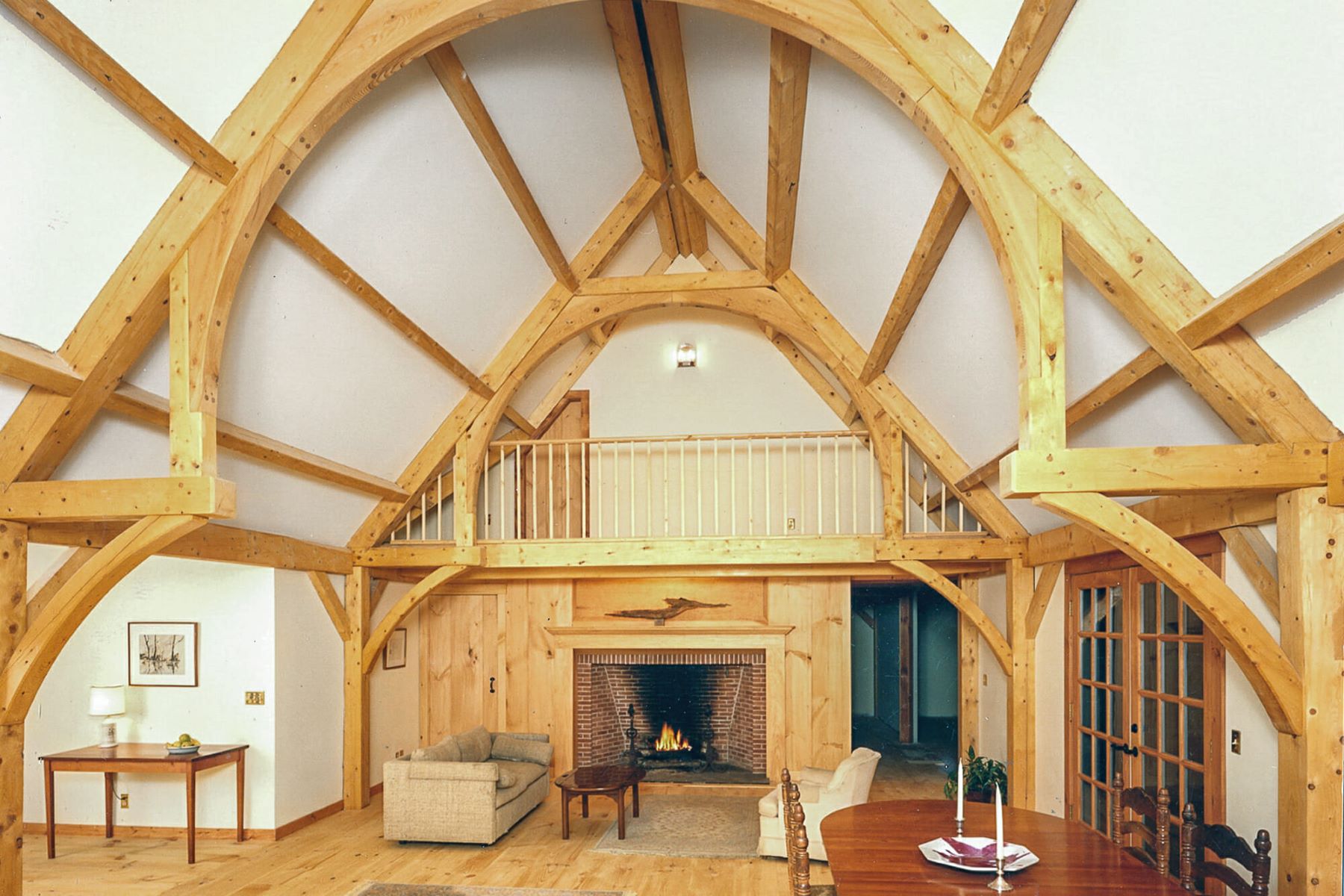

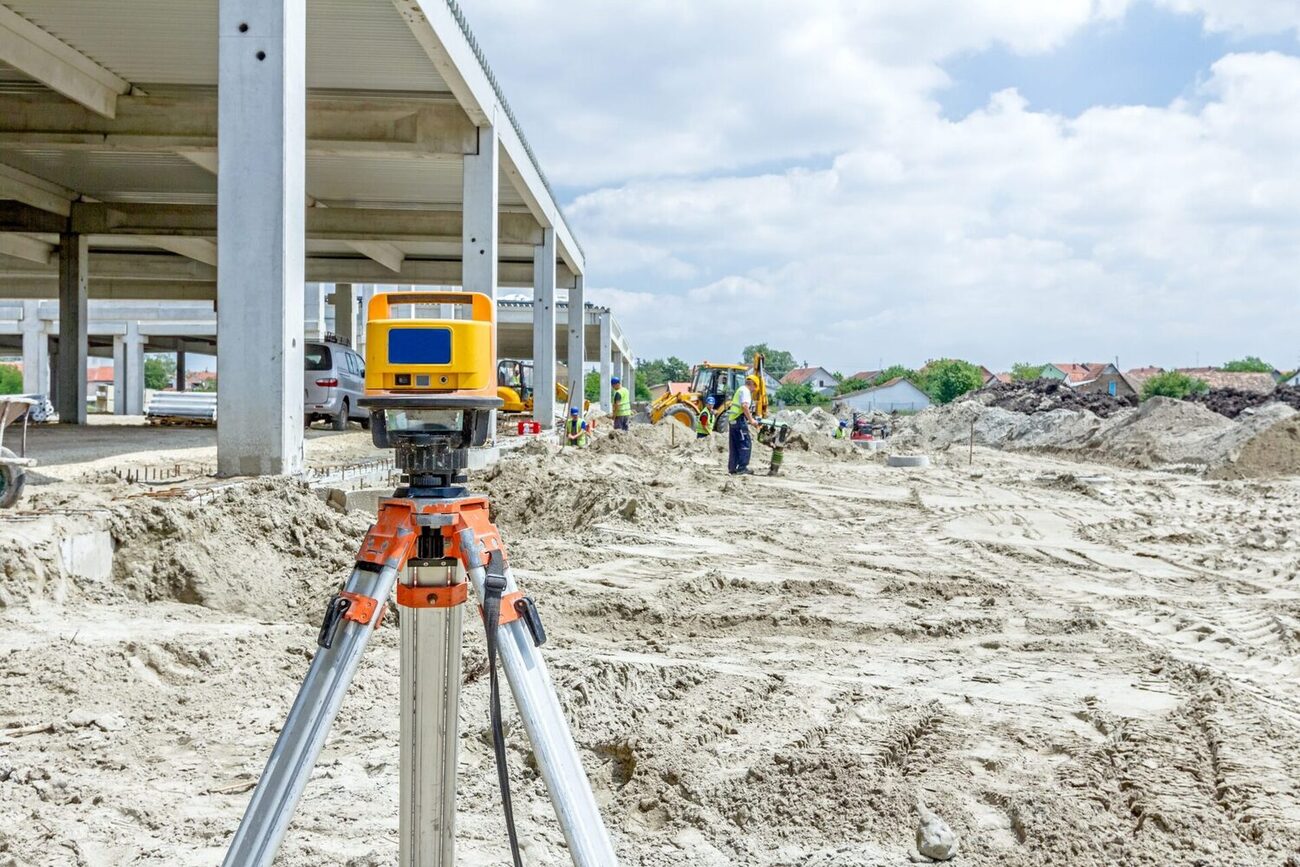



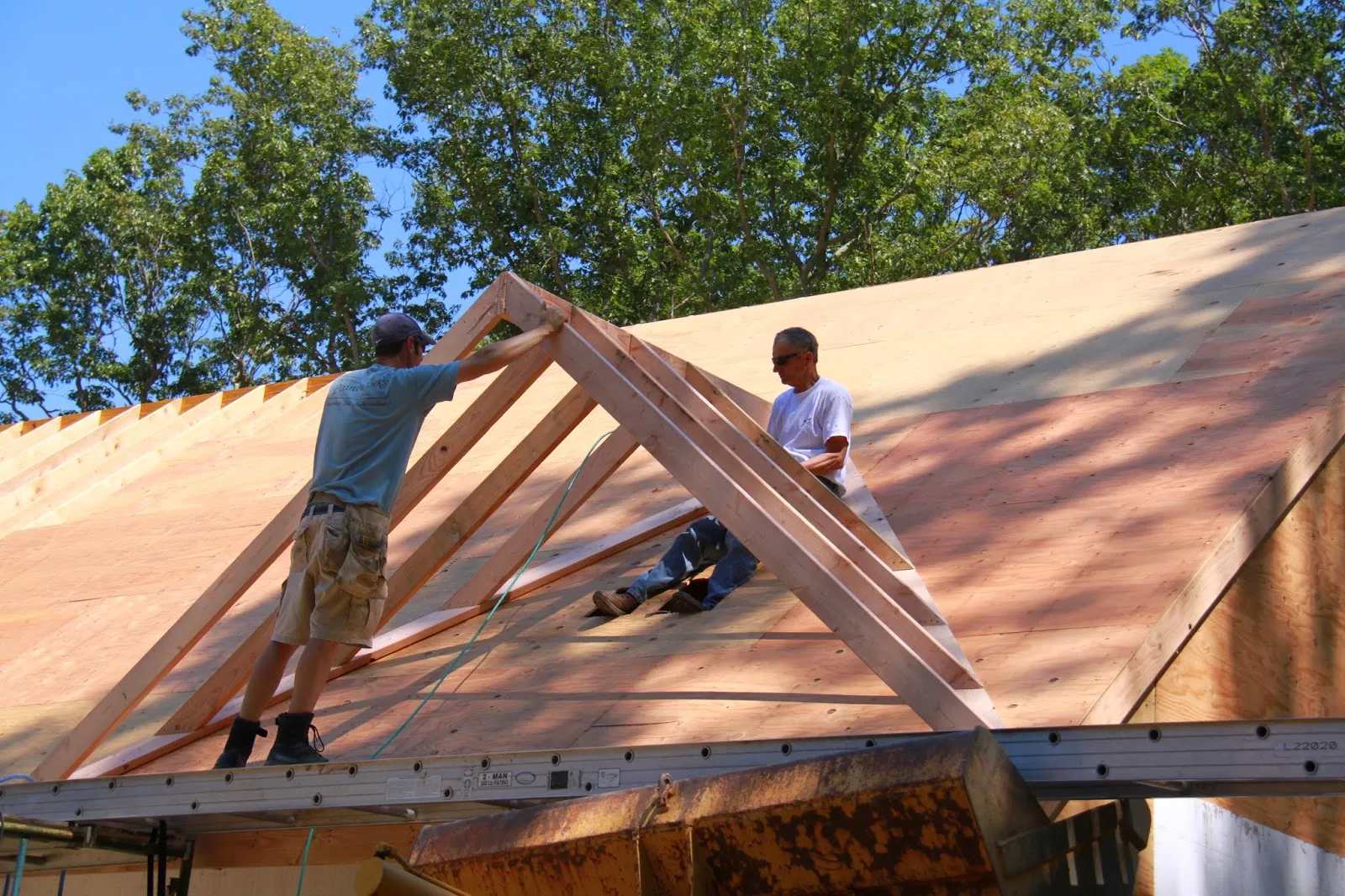
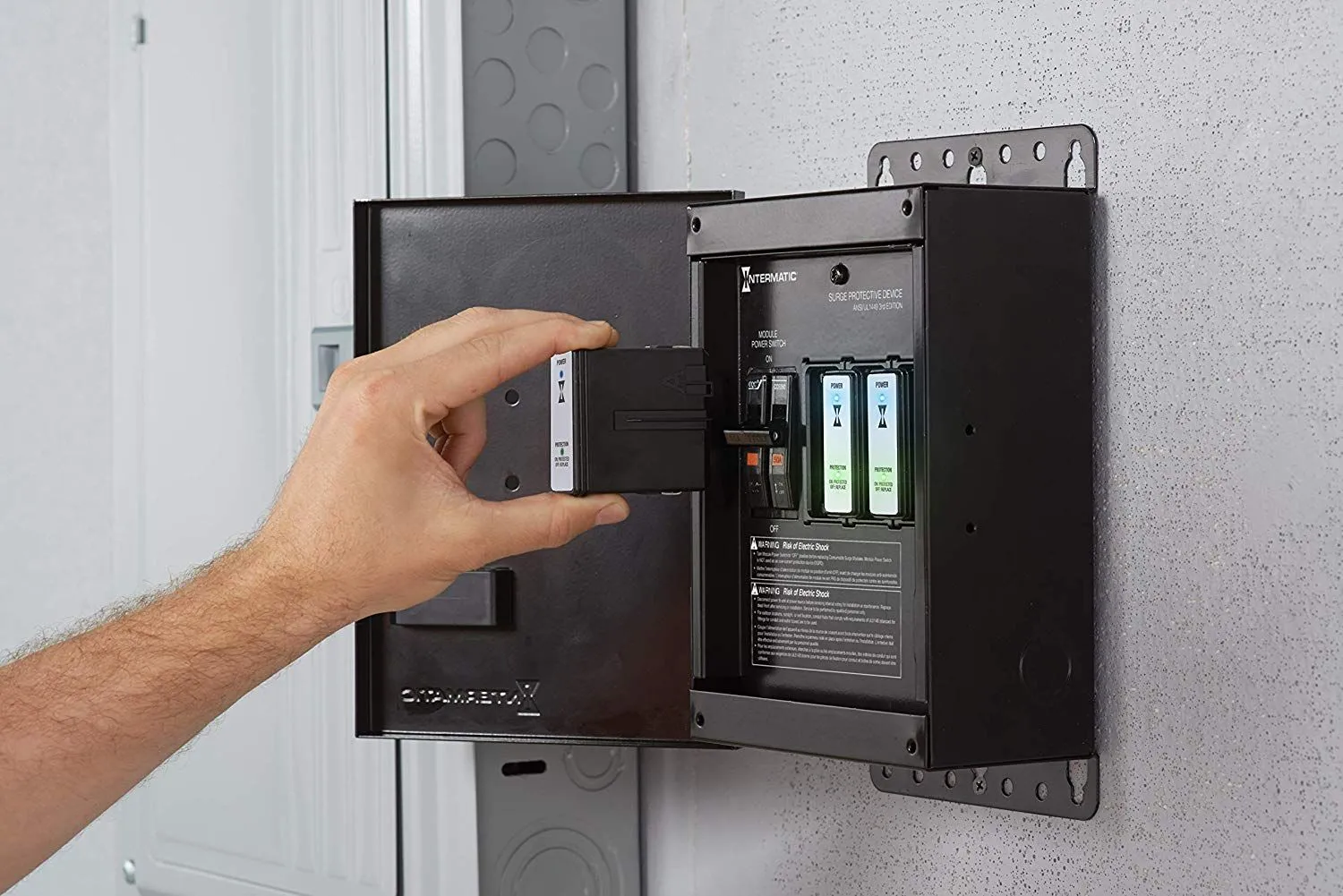

0 thoughts on “Do I Need Insurance When Building A House”